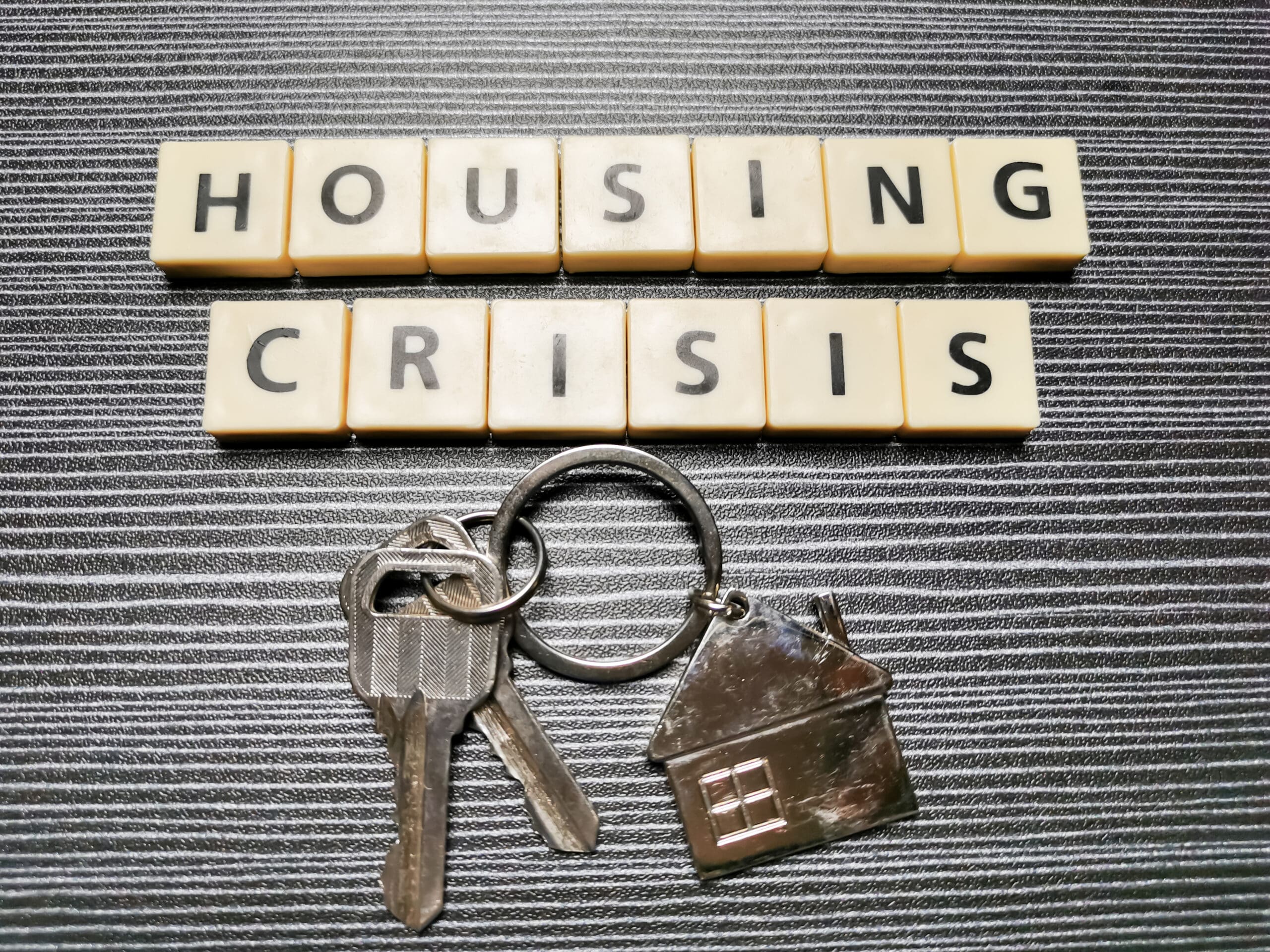If you’re a realtor, then you’ve probably been fielding a lot of questions about the housing market lately. After all, there are some similarities between now and the lead-up to the 2008 crash. However, some key differences mean this scenario is different. Here are 5 reasons why this isn’t a repeat of the 2008 Housing Crash.
1. The subprime mortgage crisis

The subprime mortgage crisis was an incredibly costly event, which had its roots in lenders giving loans to people with poor credit scores. Loans were given without proper consideration of a person’s ability to pay, leading to huge numbers of defaults and foreclosures when people inevitably could not keep up with their repayment plans. Those that took out such loans often didn’t understand the risks or realize just how difficult it would be to pay them off.
The damage caused by this irresponsible lending is still being felt today and should serve as a reminder for all parties involved in the loan process going forward that any kind of credit decision should always be made with careful judgment about the financial situation of all those involved.
2. The housing market is being driven by a stronger economy and low unemployment rates
The housing market is enjoying strong support from a relatively strong economy and low unemployment. Economists have reported that there is an uptick in new households being formed, driven by those who were previously unable to either purchase or rent property due to their circumstances, who are now able to do so. Properties previously priced out of reach now seem more obtainable as more people take advantage of this opportunity, further bolstering the housing market. With interest rates still favorable for many buyers, demand for housing looks set to remain strong in the coming months.
3. Home prices are rising at a sustainable pace
Home prices around the country have now started to stabilize. This healthier approach to home valuations helps protect buyers and sellers from swift fluctuations in property value. It also gives lenders more confidence that the borrower will be able to afford their mortgage payment, even if there is future fluctuation in home prices. Overall this means a much calmer and more secure housing market for all involved. Year over year numbers are at around 2%.
4. There is more regulation in the mortgage industry

Home-buying is an investment, and a few years ago the consequences of unwise decisions by lenders, borrowers, and buyers became strikingly apparent during the housing crisis. Since then, increased regulation in the mortgage industry has better protected those looking to buy a home.
Lenders must also be more careful about issuing loans, particularly for subprime mortgages which were heavily involved in the crash of 2008. These safeguards help promote economic stability and peace of mind for both homebuyers and lenders alike.
5. Underbuilding and limited inventory

New-home construction was booming before the housing crash in 2008, amounting to over 7.5 million units annually. Today, it is roughly half that amount. This trend has resulted in more people renting rather than buying homes and it has had an impact on markets around the globe. This shift benefits both buyers and sellers; since renters require less investment upfront and are less tied to a single home, they can take advantage of market opportunities much faster than buyers.
Additionally, since rent rates can be adjusted as needed, owners gain some control over the frequency and value of their income streams. Finally, by spreading ownership more widely and curbing speculative behavior, this system helps fortify the overall housing market by shielding it from potential destabilization in times of economic uncertainty.
The housing market is always changing and it can be difficult to predict what will happen next. However, by understanding the factors that led to the last housing crash, we can see that the market is in a much better position now and is unlikely to experience a similar crash in the near future.
#housingmarket #2008housingcrash #subprimemortgagecrisis #economy #homeprices #mortgageregulation #underbuilding #limitedinventory
